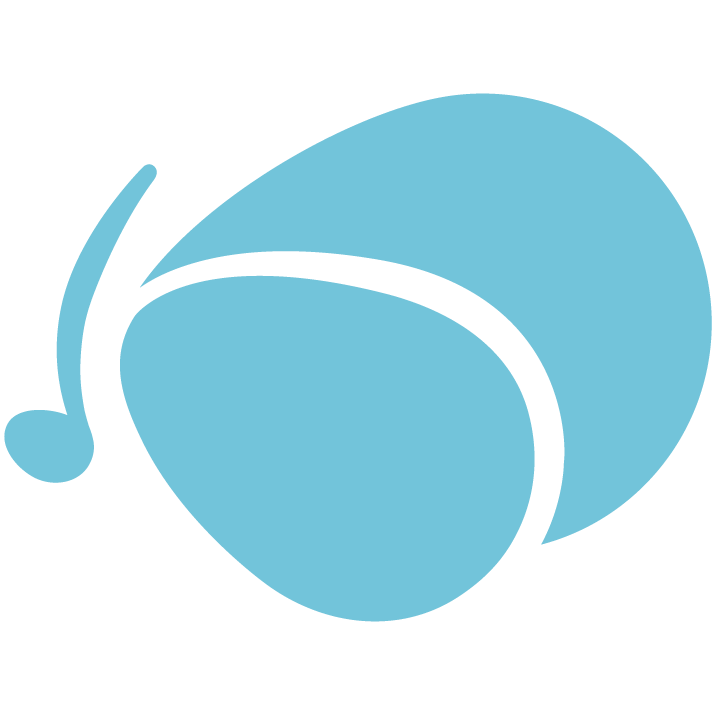Music Theory for Beginner Pianists
Learn to play piano without the need of sheet music by learning the basics of scales, chords, and harmonies.
Picking up where "Building Blocks of Piano" left off, this free course is for people who want to know how things work, rather than simply do what they're told. Scales, chords, progressions — all of these things are shortcuts to be able to play what you want to play.
In this course, we'll take you through the fundamental building blocks of piano theory so you can start playing songs by ear, improvising over chord changes, writing your own songs, or whatever else you want to do. You'll play along with Coldplay, the Beatles, and more, and better understand how to apply your new knowledge to songs you know and love.
Dive in and start playing right away!
Ian Temple
Pianist, Composer, Entrepreneur
Ian is a pianist, entrepreneur, and professional musician. He started Soundfly to help people really find what gets them most excited musically and pursue it. He's toured all over the world with his experimental trio Sontag Shogun. Check out his most recent course, Building Blocks of Piano, or follow him on Twitter at @ianrtemple.
Course Outline
-
Section 1
Major Scales
-
Section 2
Minor Scales
-
Section 3
Three-Note Chords
-
Section 4
Chord Progressions
-
Section 5
Chord Inversions
-
Section 6
Broken Chords
-
Section 7
Conclusion
MORE INFORMATION
Who is this course for?
This course is for anyone with basic knowledge about the piano who is ready to move to next level. By taking a theory-focused approach, this course has something for a variety of artists, regardless of genre or medium. This knowledge can help you write better songs, play cover tunes, improvise over chord changes, and more.
What are the requirements?
You'll need a keyboard or piano — check out our keyboard buyer's guide for recommendations — and some basic knowledge about notes and chords. If you're just starting out, or want to brush up on the basics, check out Building Blocks of Piano.
How long will it take?
The course itself can be completed relatively quickly, in two hours or so. That said, we recommend doing about one section a week and giving yourself plenty of time to practice.
What can I expect to get out of this course?
By the end of this course, you should be able to sit down at the piano and play your own arrangements of your favorite songs!
